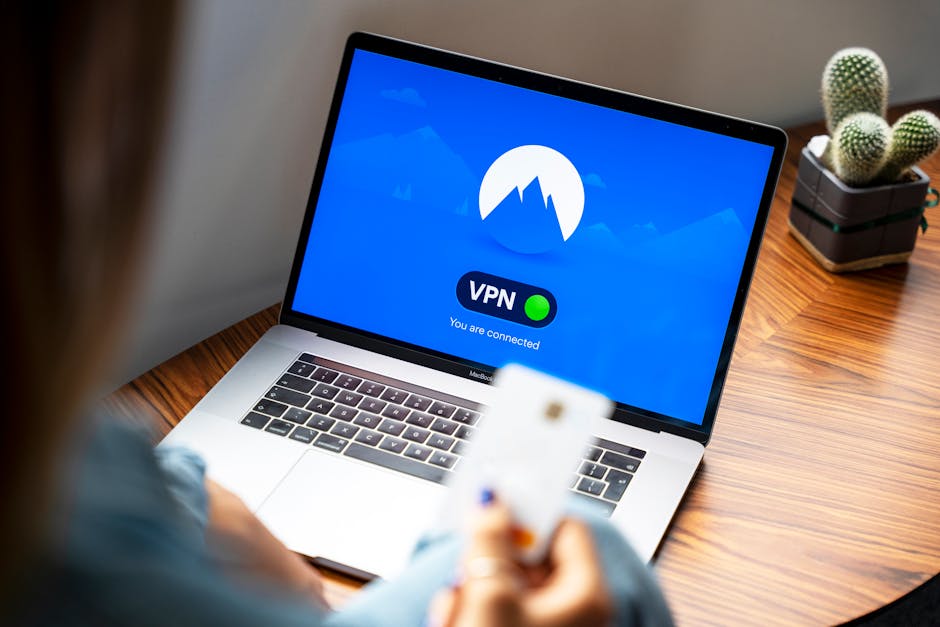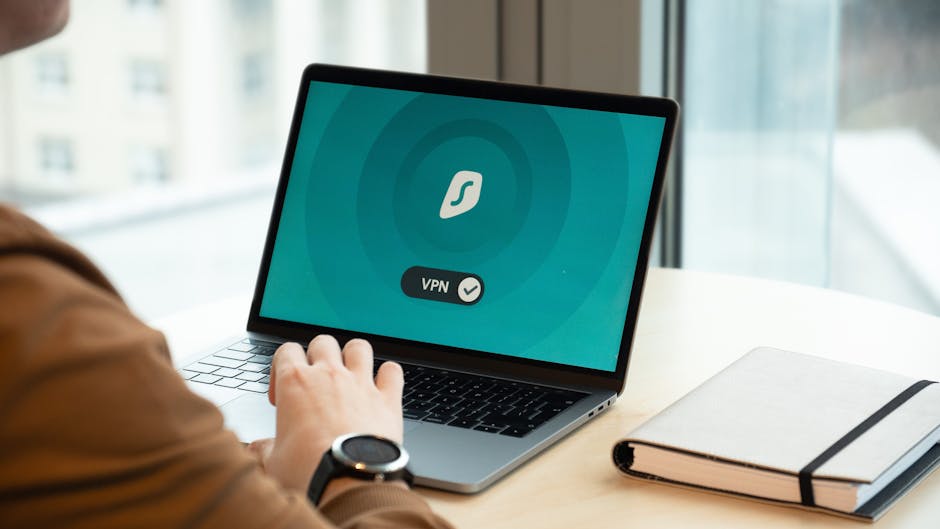Unlocking the Power of Corporate VPNs: Best Practices for Secure Connectivity
With the rise of remote work and the increasing importance of data security, corporate Virtual Private Networks (VPNs) have become essential tools for businesses of all sizes. However, simply having a VPN in place is not enough to ensure security and efficiency. To fully leverage the benefits of a corporate VPN, it is crucial to understand and implement best practices. In this comprehensive guide, we will delve into the world of corporate VPNs, exploring the dos and don’ts, the pitfalls to avoid, and the strategies to maximize the potential of these powerful tools.
The Evolution of Corporate VPNs

Corporate VPNs have come a long way since their inception. Originally designed to provide secure access to a company’s internal network for remote employees, VPNs have evolved to encompass a wide range of functionalities. Today, corporate VPNs not only offer secure connectivity but also enable businesses to access geo-restricted content, secure cloud environments, and protect sensitive data. Understanding the evolution of corporate VPNs is essential to grasp the best practices for their usage.
Choosing the Right VPN Service

One of the first steps in implementing a successful corporate VPN strategy is selecting the right service provider. With a plethora of options available in the market, it can be overwhelming to choose the best one for your business. Factors such as encryption protocols, server locations, and logging policies play a crucial role in determining the efficacy of a VPN service. By conducting thorough research and comparing different providers, businesses can find a VPN that aligns with their security and connectivity requirements.
Securing Endpoints and Data

While a corporate VPN provides a secure tunnel for data transmission, it is equally important to secure the endpoints and data within the network. Implementing strong endpoint security measures, such as multi-factor authentication, device encryption, and regular security updates, can help mitigate the risk of data breaches and cyber attacks. Additionally, encrypting sensitive data both in transit and at rest adds an extra layer of protection, ensuring that confidential information remains secure at all times.
Training and Educating Employees

Employees are often the weakest link in the security chain, making them vulnerable targets for cyber threats. To mitigate this risk, businesses should invest in training and educating their workforce on the best practices for using a corporate VPN. From recognizing phishing attempts to avoiding public Wi-Fi networks, employees need to be equipped with the knowledge and skills to protect sensitive data and uphold security protocols while using a VPN.
Monitoring and Auditing VPN Usage
Continuous monitoring and auditing of VPN usage are essential to identify potential security breaches, unauthorized access attempts, or unusual network activity. By implementing robust logging and reporting mechanisms, businesses can track VPN connections, monitor data traffic, and detect anomalies in real-time. Regular audits of VPN usage help ensure compliance with security policies and regulatory requirements, providing insights into areas that require improvement or optimization.
Scalability and Flexibility
As businesses grow and evolve, their VPN requirements may change. It is essential to choose a VPN solution that offers scalability and flexibility to accommodate expanding networks, remote workforce, and changing security needs. Whether it’s adding new server locations, increasing bandwidth capacity, or integrating with third-party applications, a scalable VPN solution can adapt to the dynamic nature of modern businesses.
Ensuring Regulatory Compliance
Compliance with industry regulations and data protection laws is non-negotiable for businesses operating in today’s digital landscape. When using a corporate VPN, enterprises must ensure that their VPN solution complies with relevant regulations such as GDPR, HIPAA, or PCI DSS. By aligning VPN usage with regulatory requirements, businesses can avoid costly fines, reputational damage, and legal repercussions associated with non-compliance.
Common Misconceptions about Corporate VPNs
One common misconception about corporate VPNs is that they provide foolproof security against all cyber threats. While VPNs encrypt data and secure connections, they are not immune to vulnerabilities or exploits. Businesses should be aware of the limitations of VPNs and implement additional security measures to enhance overall cybersecurity posture.
Conclusion
In conclusion, the best practices for corporate VPN usage are multifaceted and dynamic, requiring a holistic approach to security, compliance, and efficiency. By choosing the right VPN service, securing endpoints and data, training employees, monitoring VPN usage, and ensuring regulatory compliance, businesses can harness the full potential of corporate VPNs. As technology continues to evolve, so too must our strategies for utilizing VPNs to safeguard data, protect networks, and enable seamless connectivity in an increasingly interconnected world.




